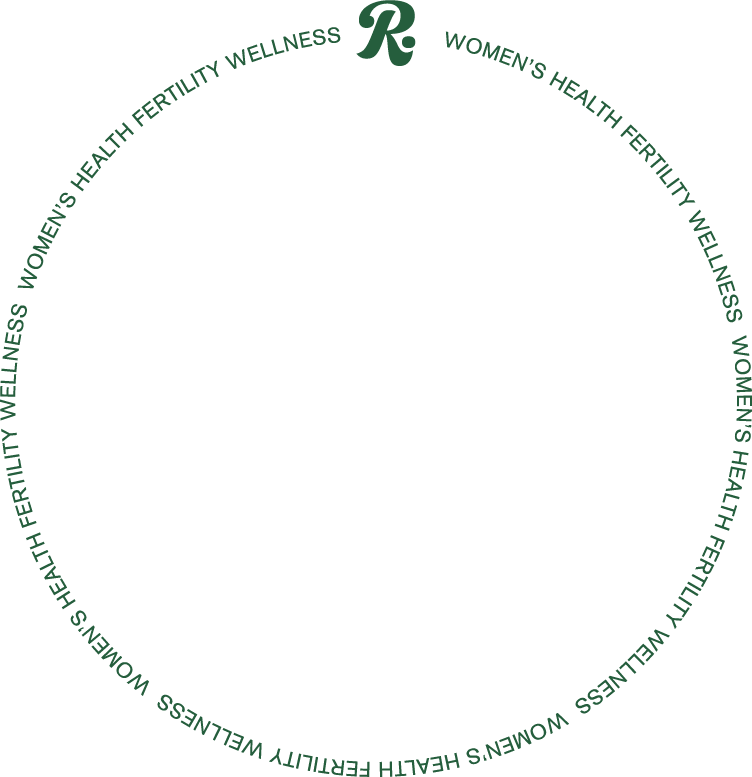Let’s say it a few times together and get it out of the way: Butt cramps. Butt cramps. Butt cramps! Whew. Okay. We all know that menstrual cramps are an expected (if unpleasant) part of having a period. As many as 80% of women experience period cramps in their lifetime, with 5-10% of women experiencing cramps so painful that it disrupts their ability to go to work or school.
Although cramps feel different to everyone and can range in severity, most people experience dull, throbbing cramps in their lower abdomen during their luteal phase, just before their period. But what about those sharp butt cramps that come and go during that time of the month? Although taboo, they are actually quite common! To get to the bottom of the issue — pun intended — we spoke with an expert.
But first, what causes period cramps?
According to Dr. Cordelia Nwankwo, MD, FACOG, a board-certified OB/GYN, period cramps are brought about by inflammation and contraction of the uterine muscle during your period, caused by the hormone prostaglandin. Prostaglandin has a number of functions in the body, and helps your uterus contract to expel its lining. These contractions can also cause painful inflammation and cramps. Studies have found that higher levels of prostaglandin are associated with more painful cramps during your period.
Some people experience mild period cramps, while others experience very severe cramps. Though most women experience cramps at some point during their life, you are more likely to experience them if you are under 30 years old, got your period before age 11, experience heavy bleeding during your period, or have a family history of painful cramps. If you've never experienced menstrual cramps, consider yourself one of the lucky ones!
What about butt pain during your period?
Good question. The technical term for butt cramps is proctalgia fugax, which is fun to say but not fun to experience. Butt cramps are caused by the same hormone that causes period cramps in your abdomen, prostaglandin. Prostaglandin can cause contractions of the bowels, rectum, and anal area, according to Dr. Nwankwo. Butt cramps are unpleasant to experience but generally considered normal, unless they interfere with your ability to get through your day-to-day life.
The butt cramps from prostaglandin also cause food to move through your intestines faster than normal, which is why as many as 73% of women experience gastrointestinal issues during their period, including diarrhea and the dreaded period poops. Fortunately, butt cramps and period-related GI issues generally resolve themselves when your period is over.
Is there anything you can do to treat butt cramps?
Dr. Nwanko recommends NSAIDS (non-steroidal anti-inflammatory drugs) like ibuprofen to treat cramps. NSAIDS block the specific enzyme that the body uses to create prostaglandin, the cause of cramps. She also recommends self-care measures like heating packs and warm baths to relax your muscles and soothe cramps. For more helpful tips on relieving period pain, read this.
Can butt cramps be a symptom of anything else?
Butt cramps during your period are generally not considered a red flag, but they could potentially indicate a larger problem, including hemorrhoids, anal abscesses or fissures, or irritable bowel syndrome (IBS). Some people even experience butt cramps when they are very stressed!
While less common, butt cramps can also be a symptom of endometriosis. If endometrial tissue is growing around the large intestine or rectum, it’s possible to experience pain and cramping while pooping or during your period. Between 5 and 12% of women with endometriosis will experience rectal endometriosis. Though hard to diagnose, rectal endometriosis can be treated with surgery to remove the endometrial tissue.
Remember: if your cramps are so severe that they are interfering with your ability to go to work, school, or complete your day-to-day activities, it’s important to talk to your healthcare provider. Some level of discomfort during your period is expected, but menstrual pain should never get in the way of your ability to live your best life!
Erin Pettis is a content strategist, freelance writer, and women’s health advocate. She lives in New York City and holds an MBA from NYU’s Stern School of Business.









